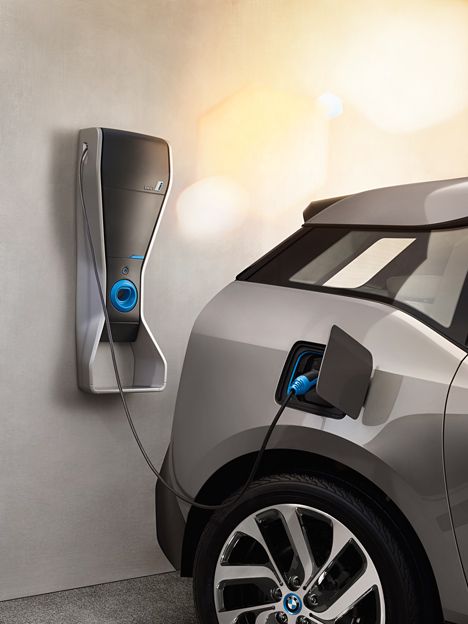Get Free Quotes 866-651-2992
Remanufactured & Used Engines

Electric cars have become the hottest trend in the automotive industry, and the race for dominance in this market is just beginning. With increasing concerns about climate change and the need for sustainable transportation options, electric vehicles (EVs) have gained immense popularity among consumers worldwide.
EV manufacturers are pushing the boundaries of technology and innovation to develop electric cars that are not only eco-friendly but also offer impressive performance and range. Companies like tesla, nissan, chevrolet, and bmw have already made significant strides in this arena, with their models gaining widespread acclaim.
One of the main challenges for electric cars has been the limited range and the long charging times. However, with advancements in battery technology, these limitations are gradually being overcome. The latest EVs can now travel over 300 miles on a single charge, and rapid charging stations are being installed across the globe, reducing charging times significantly.
In addition to the environmental benefits, electric cars also offer lower operating costs compared to traditional gasoline-powered vehicles. Electricity is generally cheaper than gasoline, and the maintenance costs of EVs are significantly lower due to fewer moving parts and the absence of oil changes.
The increased demand for electric cars has also spurred the growth of the supporting infrastructure. Governments and private companies are investing heavily in building a robust charging network to ensure that consumers have easy access to charging stations wherever they go.
Moreover, various countries have set ambitious targets to transition to electric vehicles entirely in the coming years. For example, Norway aims to ban the sale of new gasoline and diesel cars by 2025, while the United Kingdom plans to achieve this by 2030. These initiatives will further accelerate the adoption of electric cars and reshape the future of transportation.
As the race intensifies, automakers are not only focusing on passenger vehicles but also expanding their electric vehicle portfolio to include trucks, buses, and even motorcycles. This diversification will cater to a wider range of consumer needs and contribute to a greener and more sustainable future.
Furthermore, the advancement of autonomous driving technology has also intersected with the electric car revolution. Many electric vehicles now come equipped with advanced driver-assistance systems, bringing us closer to the era of self-driving cars.
In conclusion, the great electric car race is just beginning, and the future looks promising. With technological advancements, increasing infrastructure, and government support, electric cars are set to revolutionize the way we commute and reduce our carbon footprint. Embracing this shift towards electric mobility will not only benefit the environment but also lead to a more sustainable future for generations to come. So, buckle up and get ready for the electric revolution!